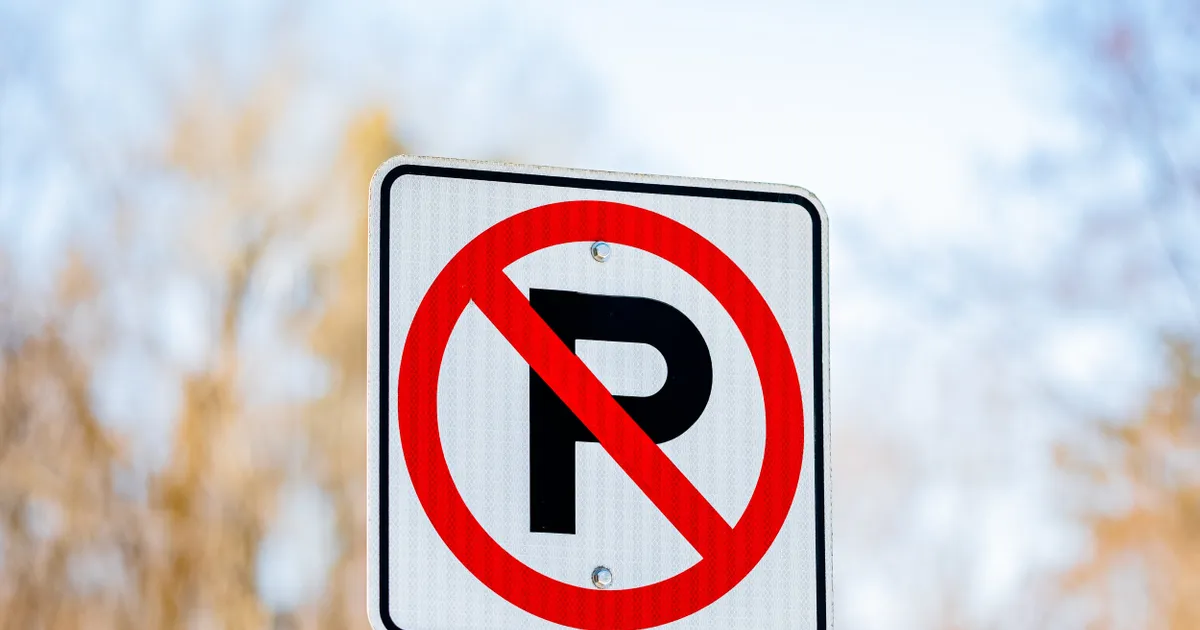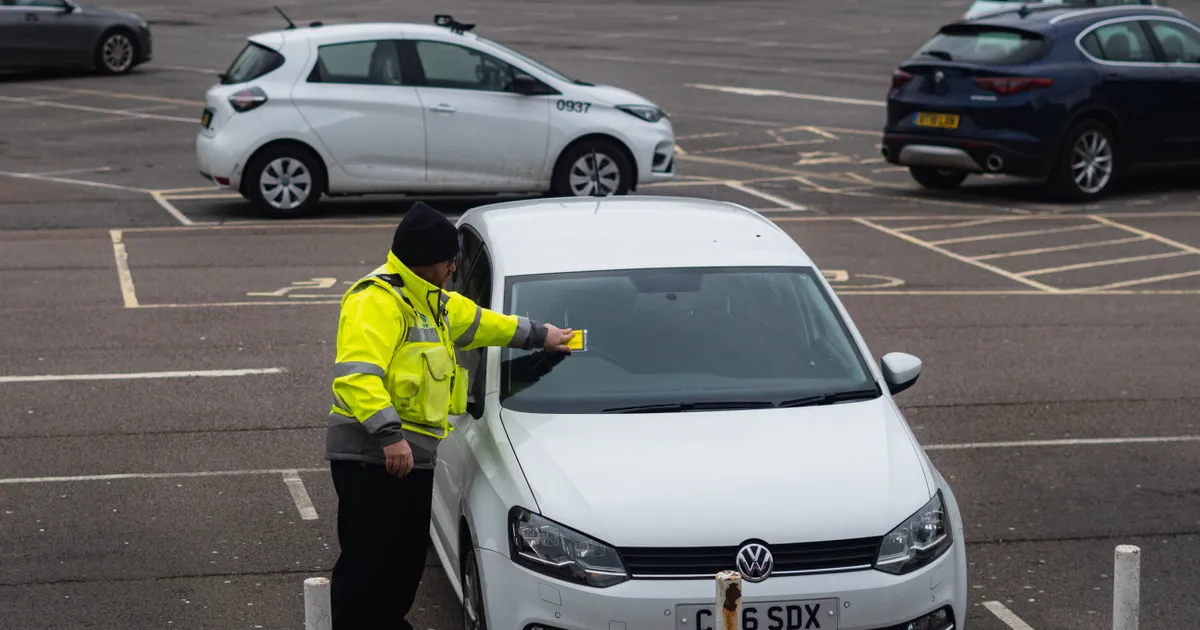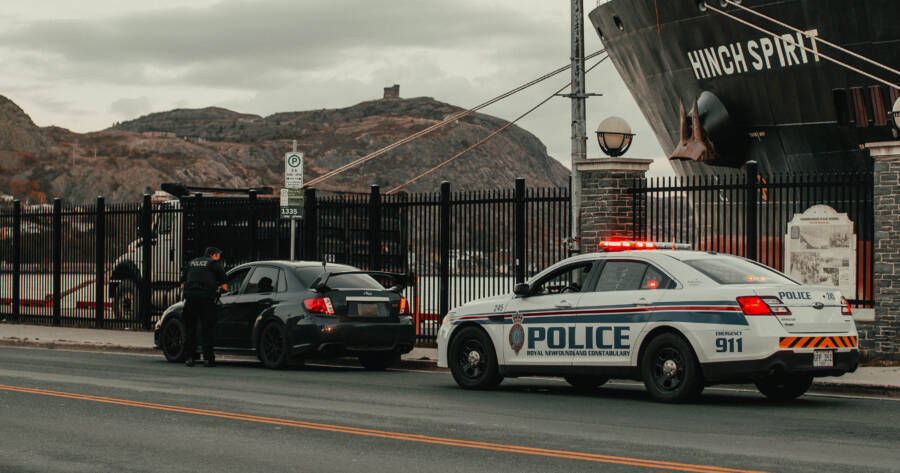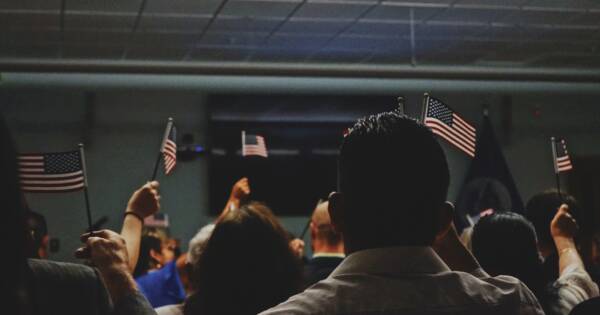Traffic tickets range from minor parking citations to serious moving violations. Learn about common traffic violations and penalties, and presenting a defense.
If you’ve ever received a speeding ticket, you’re not alone. According to research compiled by Insurify Insights, an estimated 10.54% of drivers have gotten a ticket for a speeding violation. But, exceeding the speed limit is only one of many citations issued by police officers for traffic violations, and tickets may be more than just a nuisance.
Tickets can come with hefty fines and other penalties, including loss of your driver’s license and even arrest. Below, we’ll explore types of traffic violations, possible penalties and how to provide a defense against them in traffic court.
Types of Traffic Tickets
Traffic tickets may be issued for moving or nonmoving violations. The severity of the violation and the penalties incurred vary significantly between the two categories.
 Jackson Simmer/Unsplash
Jackson Simmer/UnsplashMoving Violations
Moving violations occur when a vehicle is in motion. Although they include a wide range of traffic offenses, moving violations are typically considered more serious than nonmoving violations and, consequently, carry heftier penalties.
Some offenses may even be considered misdemeanors or felonies and can lead to arrest. Moving violations are always issued against the driver.
Types of Moving Violations
- Speeding
- Reckless or distracted driving
- Road rage
- Illegal U-turns
- Failing to yield the right of way to another vehicle or pedestrian
- Texting or talking on a cell phone while driving
- Running a stop sign or red light
- Driving without a valid license
- Tailgating/failing to maintain the Assured Clear Distance Ahead (ACDA)
- Violating child safety seat laws
- Violating seat belt laws
- Failing to use a turn signal as required
- Driving under the influence of alcohol or drugs (DUI)
- Leaving the scene of an accident
- Vehicular homicide
What constitutes a moving violation depends on the legal code of the state in which you’re operating the vehicle, for example, texting while driving is illegal in many states, while other places currently have no statewide legislation prohibiting it.
 Miles Loewen/Unsplash
Miles Loewen/UnsplashNonmoving Violations
Nonmoving violations occur when the vehicle isn’t in motion, and citations are generally issued against the vehicle rather than the driver. There are three types of nonmoving violations:
Parking Violations
Parking violations involve a vehicle that’s been parked in an unauthorized or restricted area. They may include the following types of tickets:
- Double parking
- Unauthorized parking
- Blocking or parking on a sidewalk
- Blocking a fire hydrant
- Parking too close to an intersection
- Parking in front of an expired meter
- Parking in a handicapped space without legal authorization
- Parking in a zoned area without a permit
- Parking in a designated no-parking zone
 Alwin Kroon/Unsplash
Alwin Kroon/UnsplashPaperwork Violations
Paperwork violations include issues involving vehicle registration, insurance and inspection. This can vary by state and may include:
- Operating a vehicle with an expired registration
- Driving without valid or sufficient insurance coverage
- Driving a car with an expired inspection
Equipment Violations
Equipment violations involve faulty equipment or automobile modifications that violate state codes. They’re sometimes referred to as fix-it tickets and may include the following:
- Excessive muffler noise
- Missing license plates
- Headlights or taillights that don’t work
- A cracked or broken windshield
- Illegal lighting, such as neon under-glow lights
- Window tint that’s darker than legally allowed
Penalties for Traffic Violations
If you’re issued a parking ticket, the consequences can vary considerably depending on the situation. Most traffic offenses are categorized as infractions, which means they violate state or local traffic codes. These violations are not considered criminal offenses. More serious violations can lead to the loss of a license or even arrest.
Penalties may include the following:
Fines
Points
Wheel clamps
License suspension or revocation
Community service or jail time
Unpaid parking tickets may collect late fees and be placed with collection agencies, negatively impacting the driver’s credit score. In lieu of penalties, some drivers may be eligible to attend traffic school either in person or online. By completing this safety course, drivers may be able to clear their record, avoid losing their license and reduce the impact on their insurance premiums.
 Caspar Rae/Unsplash
Caspar Rae/UnsplashDefending Against a Ticket
You should remember that there are ways to defend against a ticket. If you’re pulled over for a traffic violation, it’s important to remain calm and provide the police officer with your driver’s license, vehicle registration and insurance card. Once a ticket has been issued, you can begin to consider your defense.
Start by recording relevant details, which may include the following:
- Time of day
- Road, weather and traffic conditions
- Applicable details
- Special circumstances, such as a medical emergency
In cases of serious violations, it may help obtain witness statements and photograph key locations and objects, such as obscured stop signs or obstacles in the road. These items can be presented to a traffic court judge along with your verbal defense to increase your chances of having your ticket dismissed or reduced.






